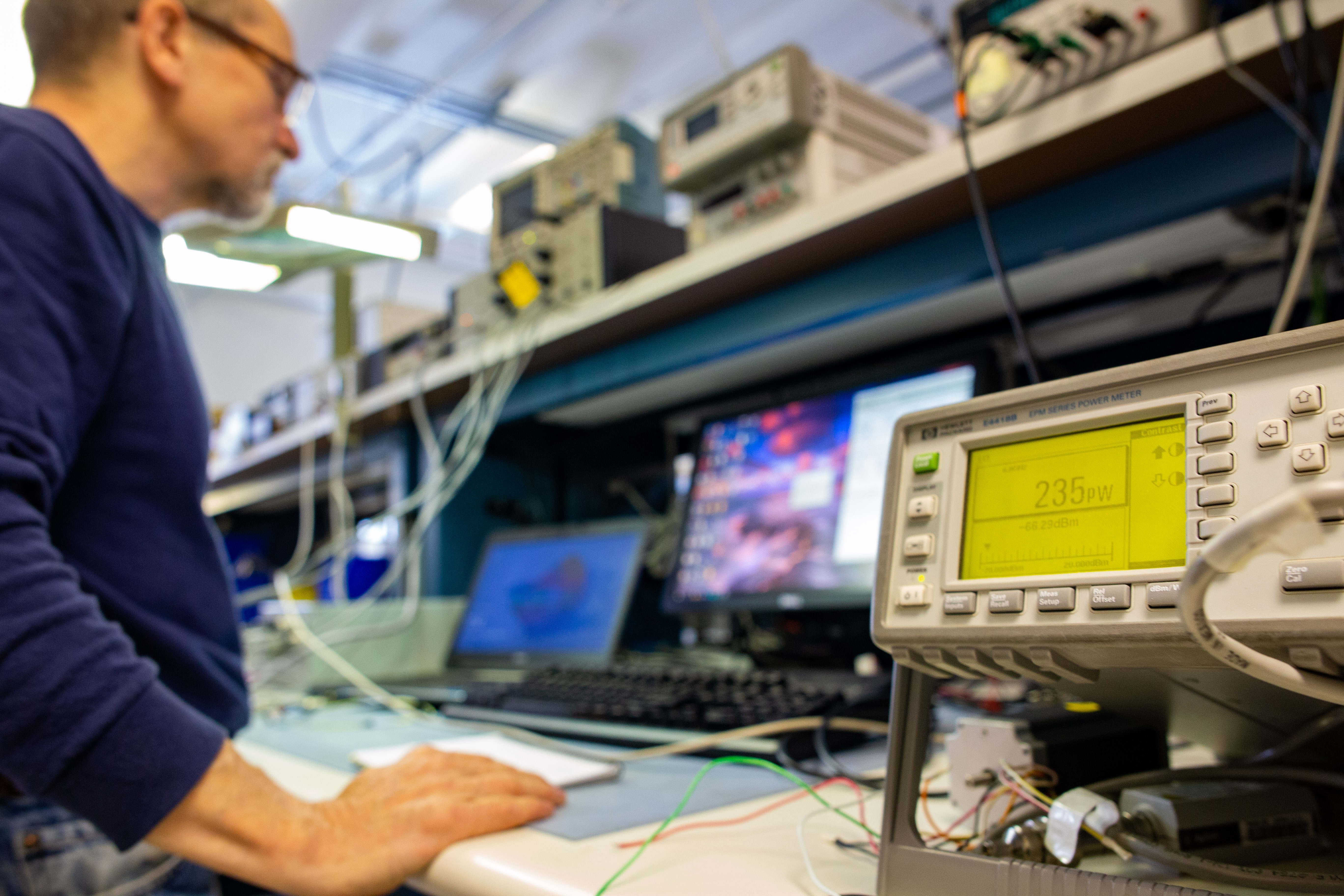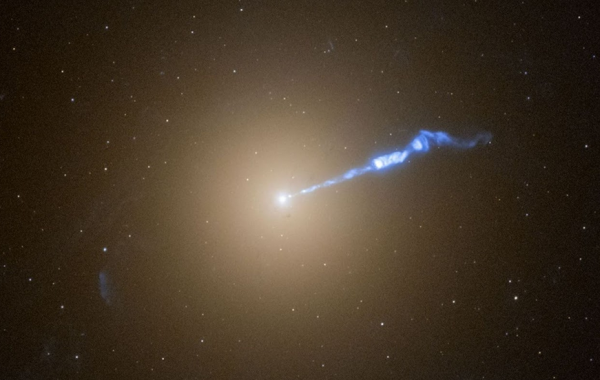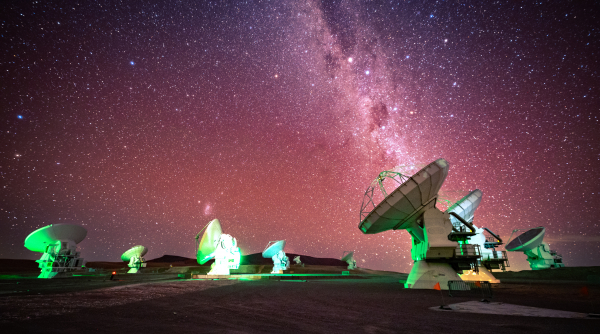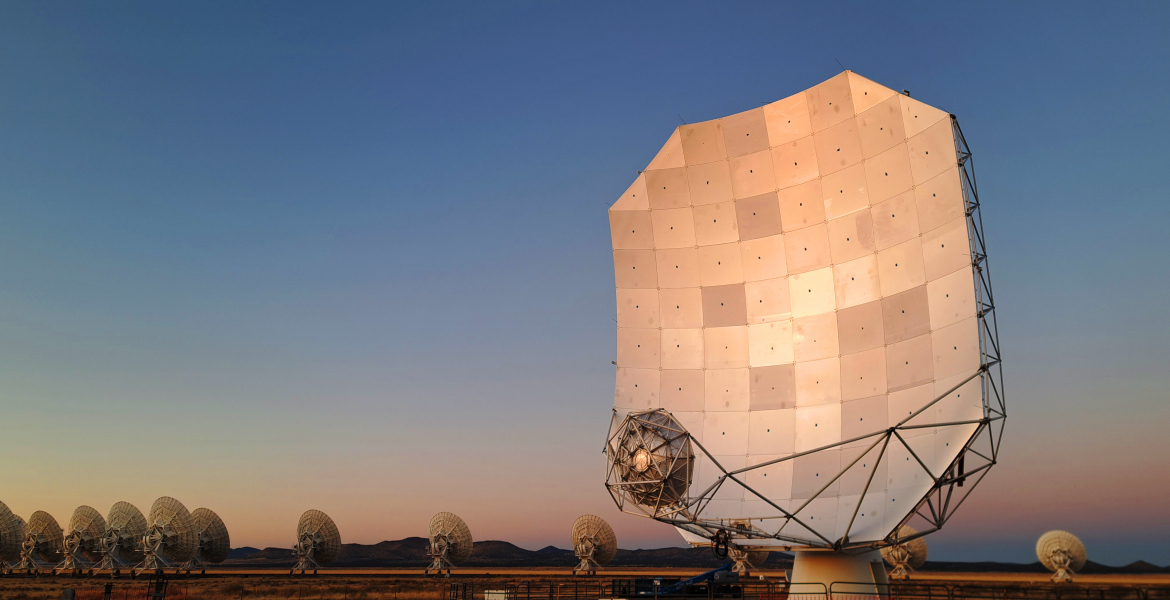A new study connects the black hole’s famous ring of light to a compact region that marks the likely base of the jet, bringing scientists closer to understanding how black holes power some of the brightest beacons in the universe.
We Make Scientific Breakthroughs Possible

The Infrastructure of Discovery Doesn’t Happen Overnight — We Can Help
We transform ideas into technologies, laboratories and policies that initiate, inform and inspire. For over seven decades, AUI has developed specialized expertise in science, engineering, technology and cyber security to enable greater impact. Uniquely positioned, we combine exceptional operations management with collaborative community engagement, drive innovation and affect lasting change within organizations.
Experts at Managing Complexity
We create an environment where innovation, imagination and people thrive. Even in the harshest desert terrain, discovery flourishes at ALMA Observatory, where AUI has led an international partnership with Europe, Canada, Japan, South Korea, Taiwan and Chile. The $1.4 billion project is a monumental achievement for space exploration and collaborations.
Recent News
Magnetic Superhighways Discovered in a Starburst Galaxy’s Winds
Using the Atacama Large Millimeter/submillimeter Array (ALMA), an international team of astronomers has mapped a magnetic highway driving a powerful galactic wind into the nearby galaxy merger of Arp 220, revealing for the first time that its fast, molecular outflows are strongly magnetized and likely helping to drive metals, dust, and cosmic rays into the space around the galaxy.
Making Scientific Breakthroughs Possible in 2025
2025 was an incredibly productive year for AUI, marked by significant advances across astronomy, energy, advanced therapeutics, and STEM education and workforce development.






